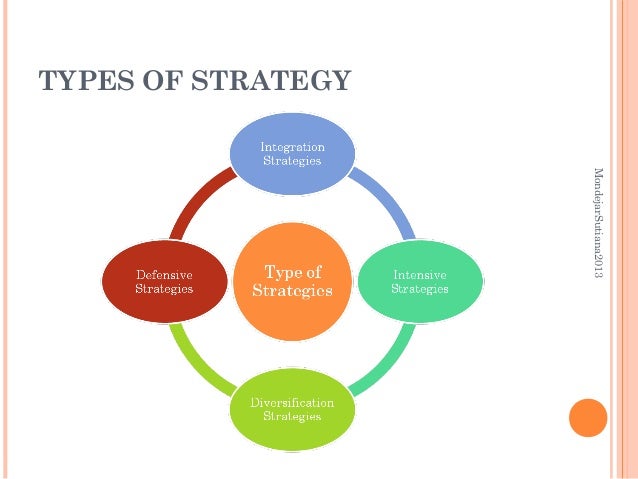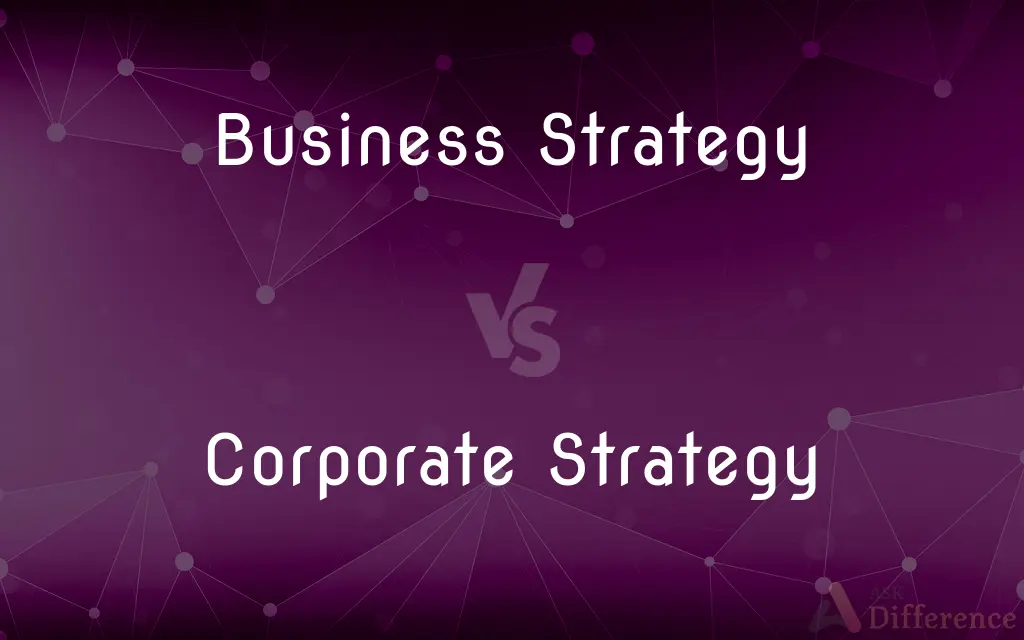Business Strategy As Distinct From Corporate Strategy Concerns

Confusion reigns in boardrooms: Business strategy is increasingly conflated with corporate strategy, jeopardizing operational effectiveness. Experts warn this blurring of lines leads to misallocation of resources and missed market opportunities.
This article clarifies the critical distinctions between business strategy, focused on individual market competitiveness, and corporate strategy, which addresses the overall portfolio and direction of the entire organization. Understanding these differences is crucial for optimal performance and sustained growth.
The Core Difference: Focus & Scope
Business strategy concerns itself with how a specific business unit or product line will compete within its chosen market. The focus is on achieving a sustainable competitive advantage within that particular industry.
In contrast, corporate strategy addresses the overarching scope of the organization, including which industries it should compete in and how resources should be allocated across business units. It's about the "where" and "what" of the entire company.
According to a recent study by McKinsey & Company, over 60% of executives admit to struggling to differentiate between the two. This confusion results in strategic misalignment and inefficient execution.
Business Strategy: Winning in a Specific Market
Business strategy demands a deep understanding of the competitive landscape, customer needs, and the business unit's own capabilities. Michael Porter's Five Forces framework remains a crucial tool for analyzing industry attractiveness.
Key considerations include pricing strategy, product differentiation, and distribution channels. The goal is to create a defensible market position that generates superior returns.
For example, a regional coffee chain might focus its business strategy on providing a superior customer experience compared to national chains like Starbucks. They can achieve this by offering locally sourced beans, personalized service, and a unique ambiance.
Corporate Strategy: Managing the Overall Portfolio
Corporate strategy deals with broader issues such as mergers and acquisitions, diversification, and resource allocation across different business units. It answers the question: "How can we create value across the entire organization?"
Growth strategies, such as market penetration, market development, product development, and diversification, fall under the corporate strategy umbrella. Resource allocation to high-potential businesses is crucial.
General Electric's (GE) historical corporate strategy involved operating in a diverse range of industries, from aviation to healthcare. However, recent restructuring efforts highlight the challenges of managing such a broad portfolio.
Consequences of Confusion
When business strategy is conflated with corporate strategy, several negative consequences can arise. Business units may struggle to develop effective competitive strategies if resources are misallocated based on overall corporate objectives.
Innovation can be stifled if corporate-level decisions prioritize short-term profitability over long-term growth opportunities within specific markets. Market opportunities may be missed if the company does not dedicate resources on business-level.
According to a Harvard Business Review article, companies that effectively differentiate between business and corporate strategy outperform their competitors by an average of 15%. This advantage arises from greater focus and efficiency.
The Path Forward: Clarity and Alignment
Organizations must clearly define the roles and responsibilities of those involved in formulating business and corporate strategy. Distinct teams with different skill sets are often required.
Regular communication and collaboration between business unit leaders and corporate executives are essential. Alignment must be achieved between the strategic goals of individual business units and the overall objectives of the corporation.
Expert consultants like Boston Consulting Group (BCG) provide services to help organizations define their corporate and business strategies. They work with leaders to ensure that each level of the organization is working towards the same goals.
Moving forward, companies must prioritize clarity. Separating business and corporate strategy concerns is no longer optional, but essential for survival and sustained success in today's dynamic business environment.


















